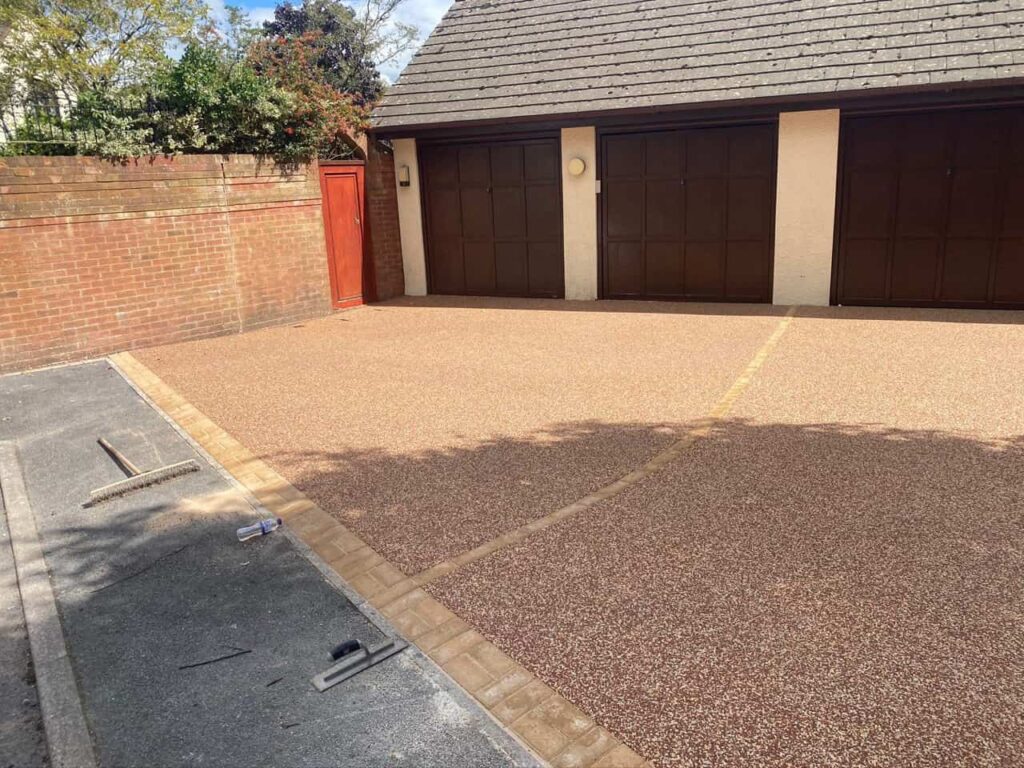Key Considerations for Tarmac Resurfacing Projects
Introduction: When it comes to maintaining and improving your driveway, choosing the right surfacing material is crucial. Tarmac, known as asphalt, remains popular for its durability, affordability, and sleek appearance. If you’re considering tarmac resurfacing for your driveway, here are some key considerations to keep in mind:
1. Assessing the Condition
Before starting any resurfacing project, it’s essential to assess the current condition of your driveway. Before applying the new tarmac layer, look for cracks, potholes, and uneven areas that may require repair. Addressing these issues early ensures a smoother and longer-lasting finish.
2. Choosing the Right Grade of Tarmac
Tarmac comes in different grades, each suitable for various applications. A medium-grade tarmac is typically recommended for driveways, as it strikes a balance between cost and durability. Higher-grade tarmacs offer superior strength and are ideal for heavier traffic or commercial use.
3. Preparation of the Base
A solid foundation is key to the longevity of your tarmac driveway. Proper preparation of the base involves removing debris and old surfacing materials and ensuring a stable, compacted sub-base. This step helps prevent future cracking and sinking and provides a stable surface for the new tarmac layer.
4. Surface Drainage
Effective drainage is vital to prevent water from pooling on your driveway, which can lead to erosion and damage over time. Consider incorporating slopes or installing drainage channels to direct water away from the driveway and towards suitable drainage points. Proper drainage maintenance enhances the durability of your tarmac surface.
5. Sealcoating and Maintenance
Once the tarmac is laid, applying a seal coat helps protect the surface from UV rays, oil spills, and water penetration. Regular maintenance, such as sweeping debris and promptly repairing any cracks or damage, can significantly extend the lifespan of your driveway.
6. Environmental Considerations
Tarmac is a recyclable material, making it an environmentally friendly choice for surfacing projects. Reusing old tarmac reduces waste and minimises the environmental impact of driveway construction. Discuss recycling options with your contractor to contribute to sustainable practices.
7. Choosing a Professional Contractor
Selecting an experienced and reputable contractor is essential to ensure a high-quality finish and durable driveway. Look for professionals who specialise in tarmac driveways and surfacing, and ask for examples of their previous work and customer testimonials.
Conclusion: Considering these key factors, you can make informed decisions and achieve a well-designed, long-lasting tarmac driveway. Whether for residential or commercial use, tarmac offers versatility and durability that enhances the appeal and functionality of any property.
Call us on: 01303 763 895
Click here to find out more about Folkestone Driveways & Surfacing
Click here to complete our contact form and see how we can help you with your driveway needs.

